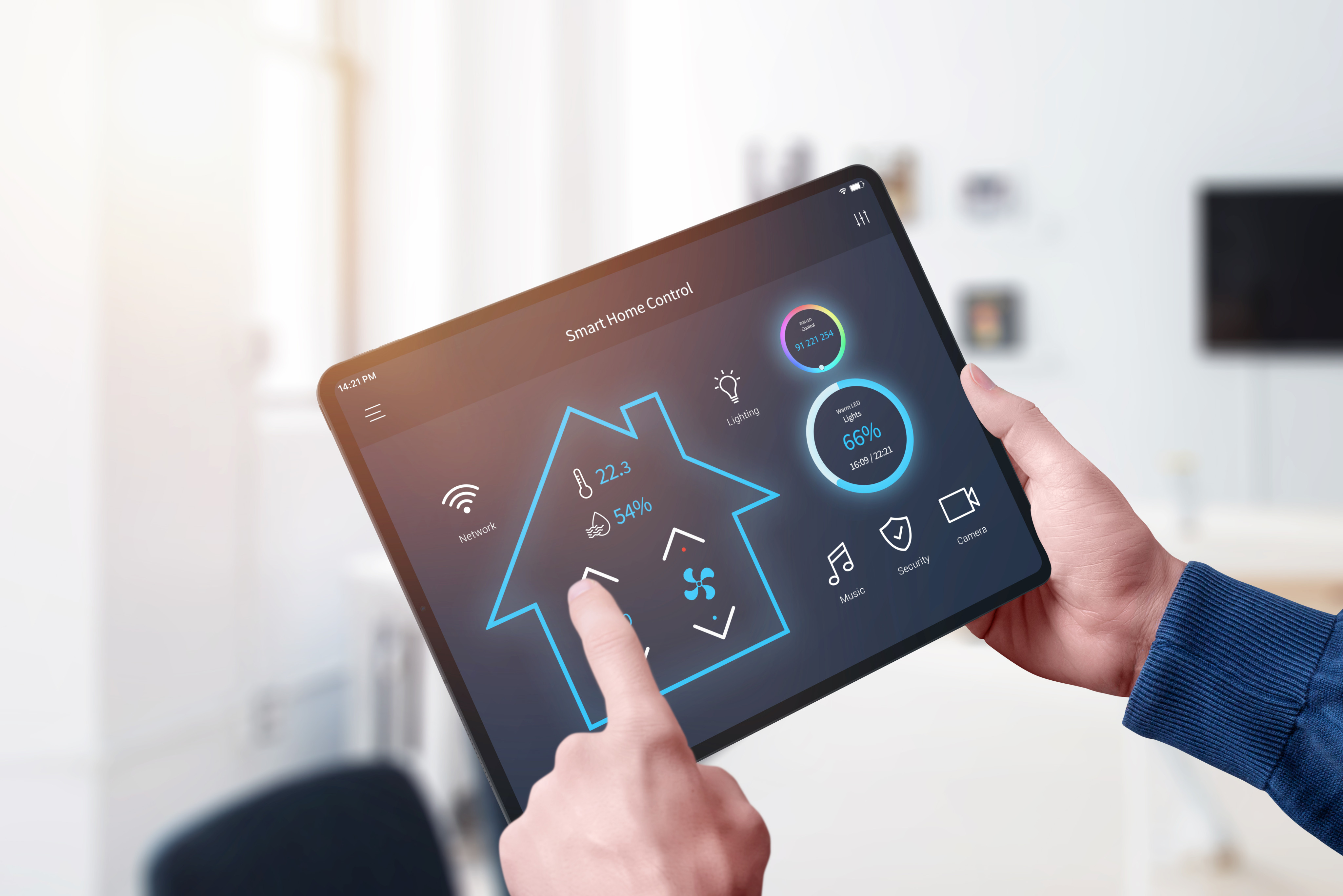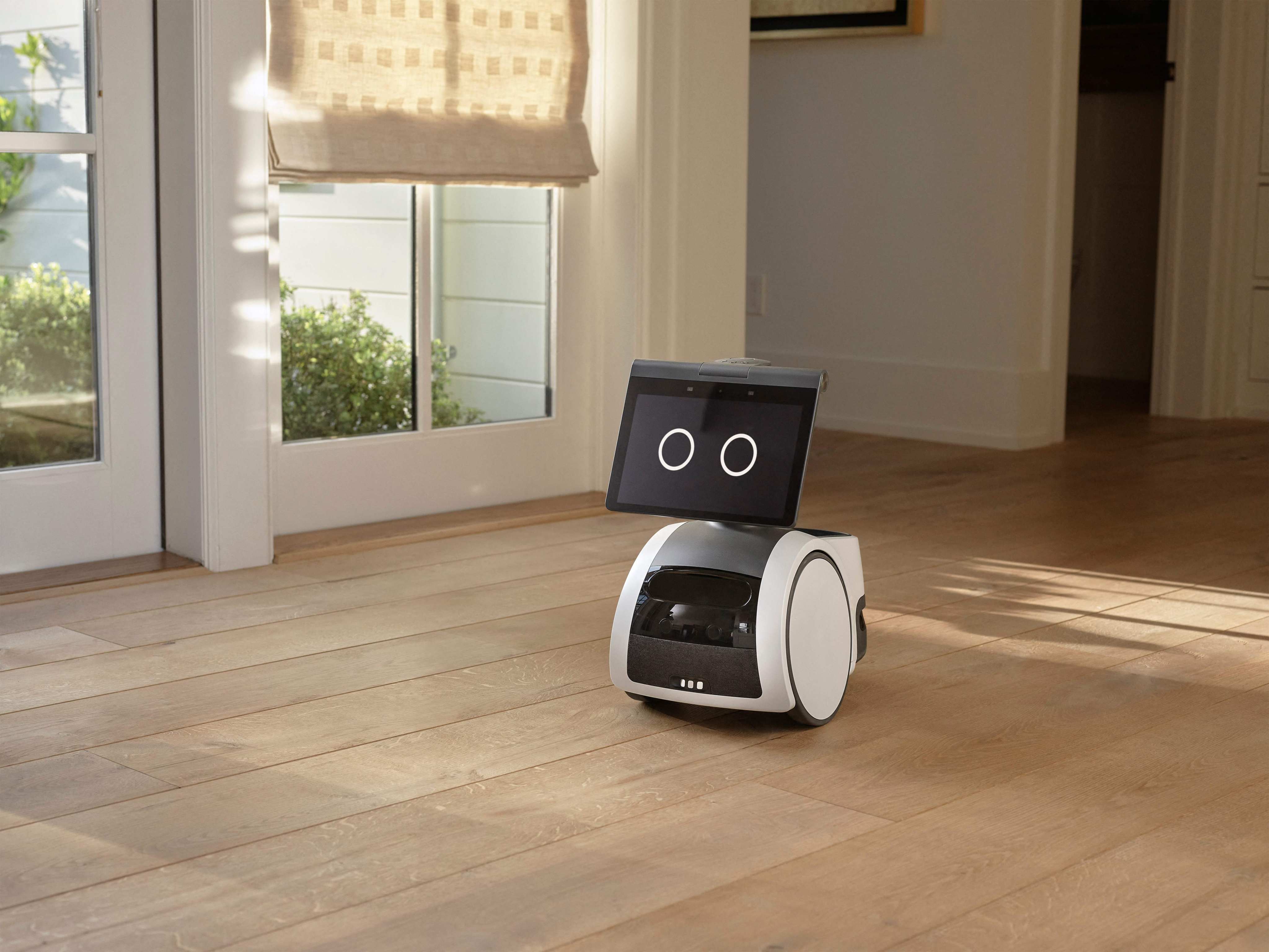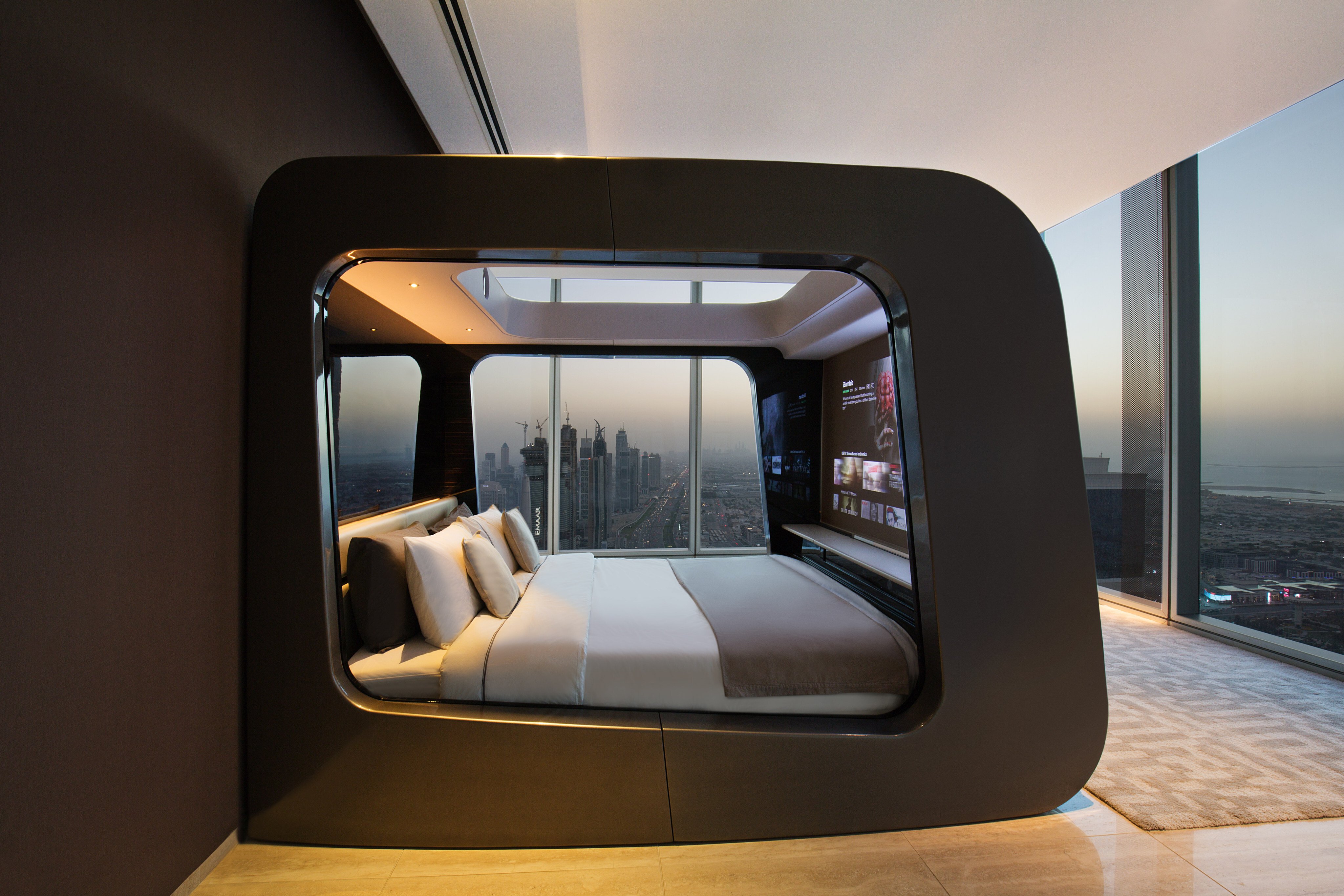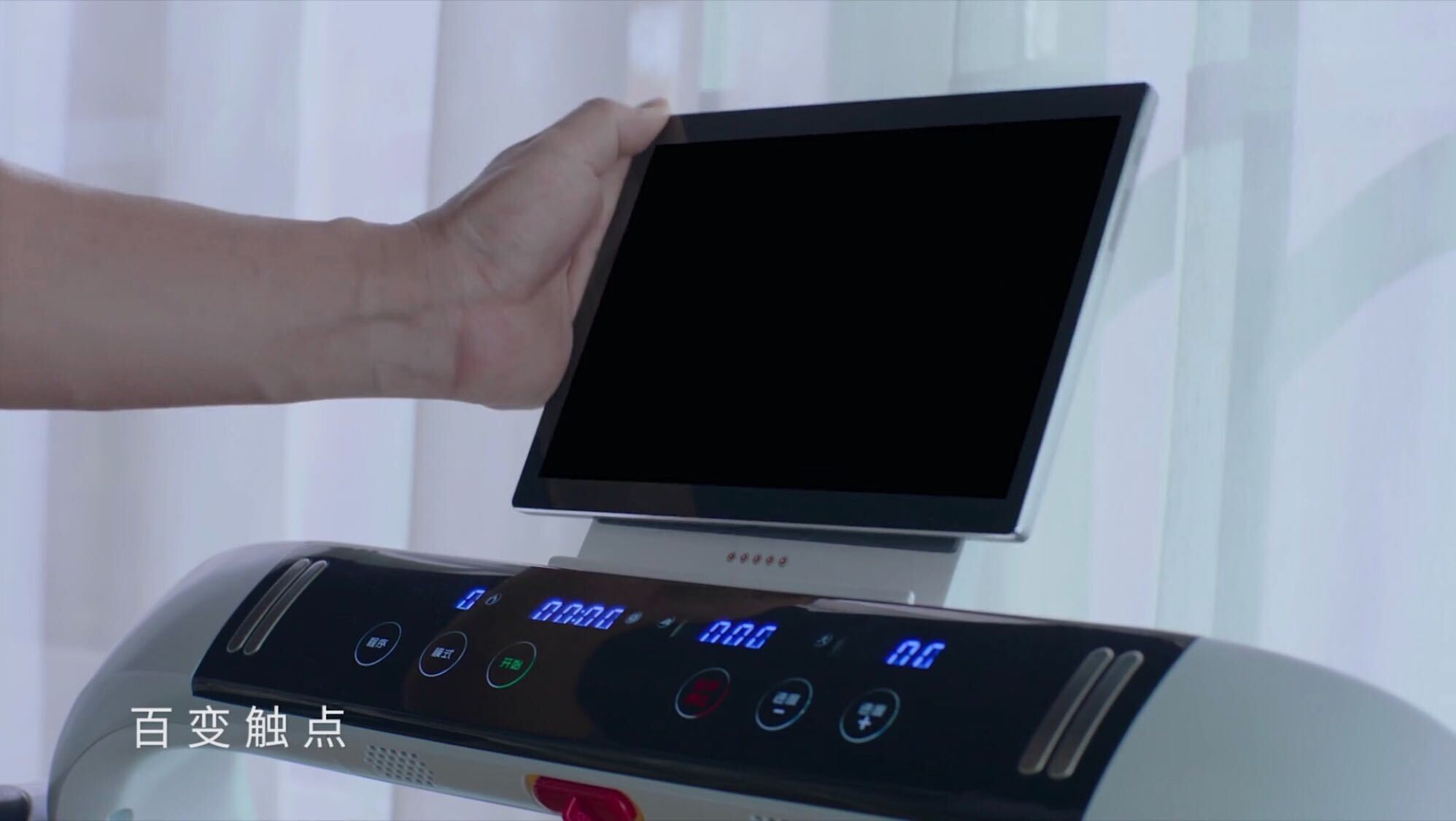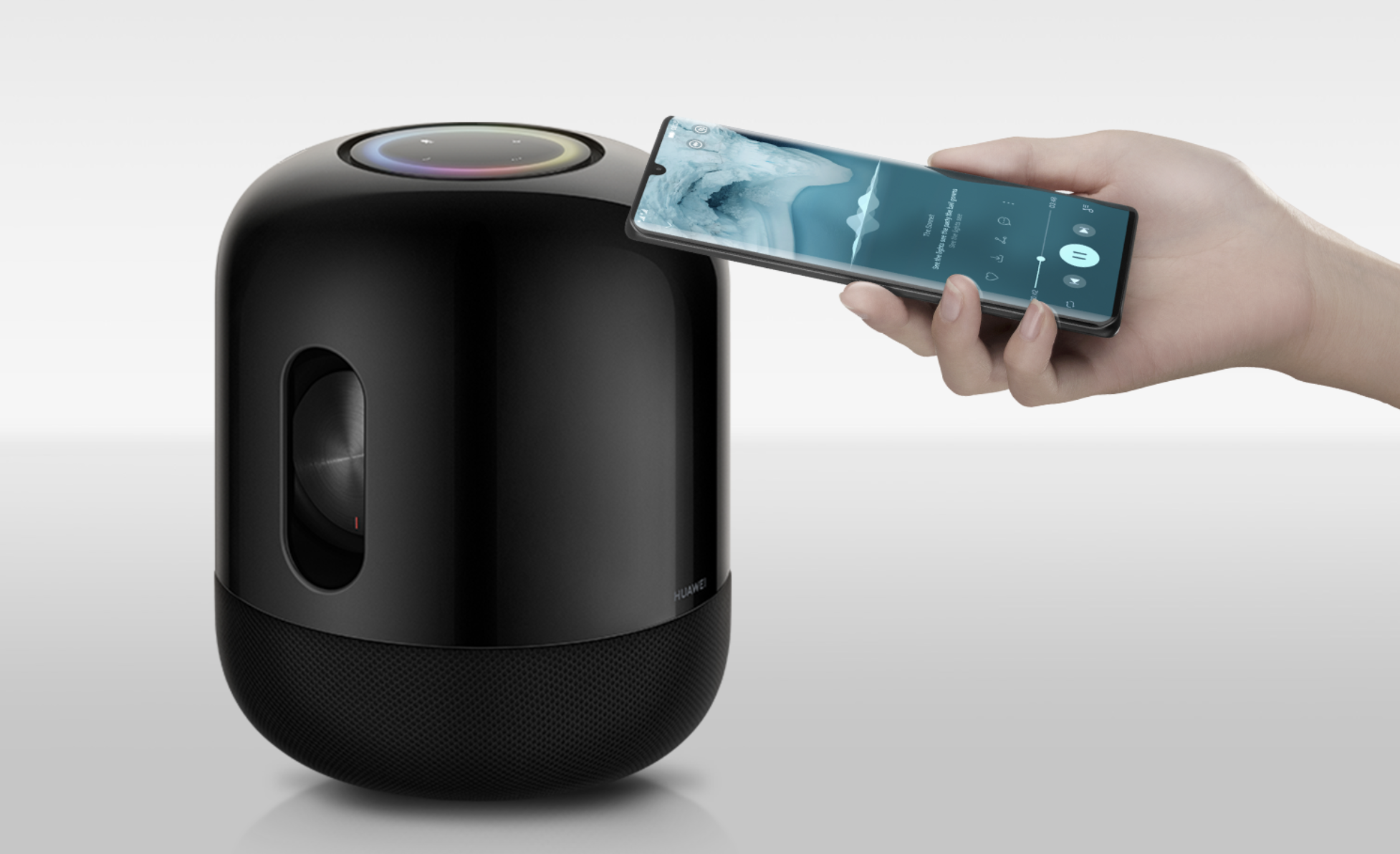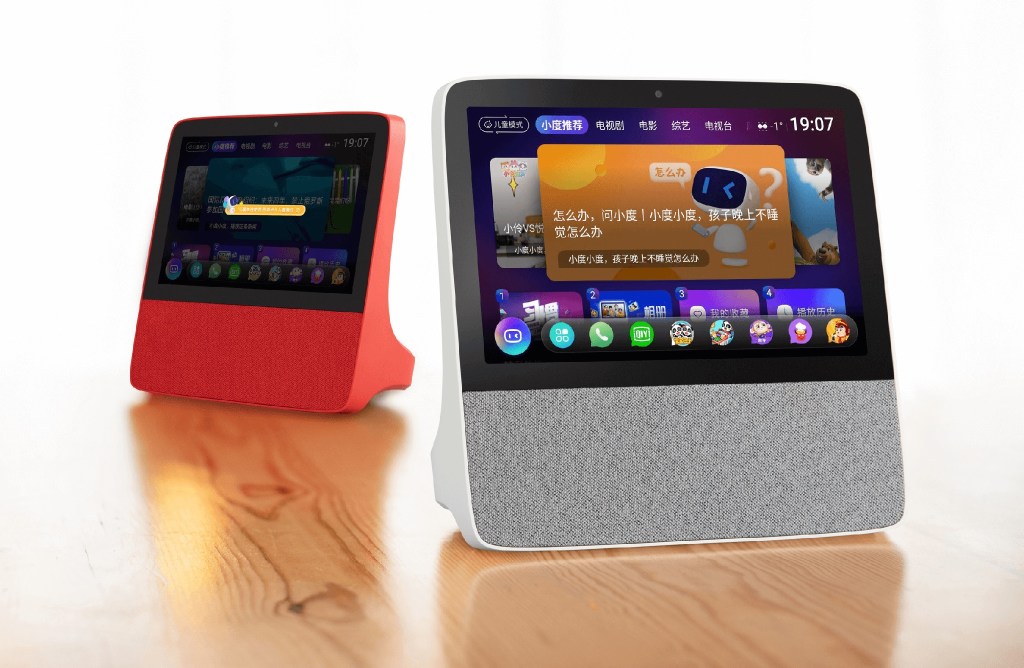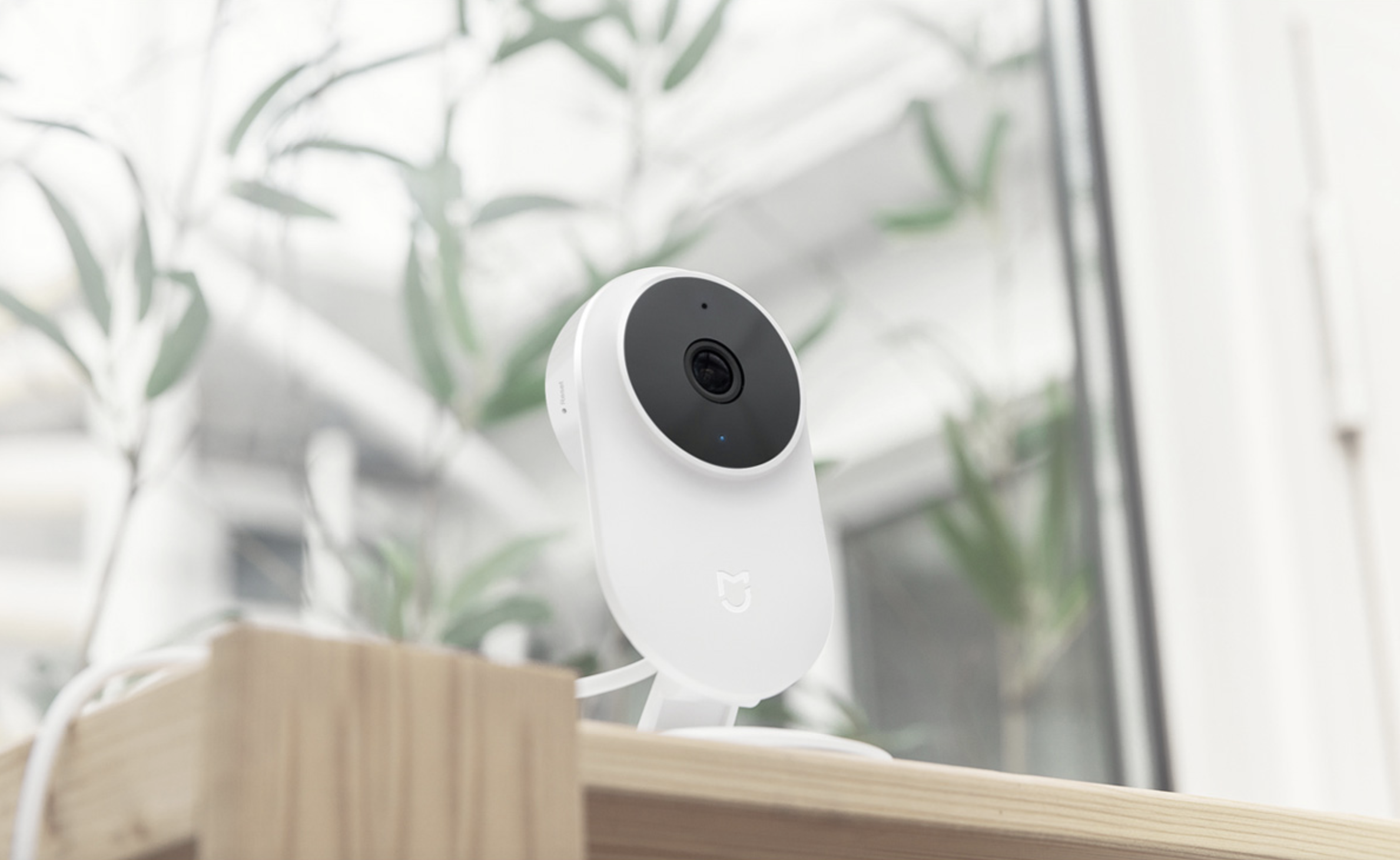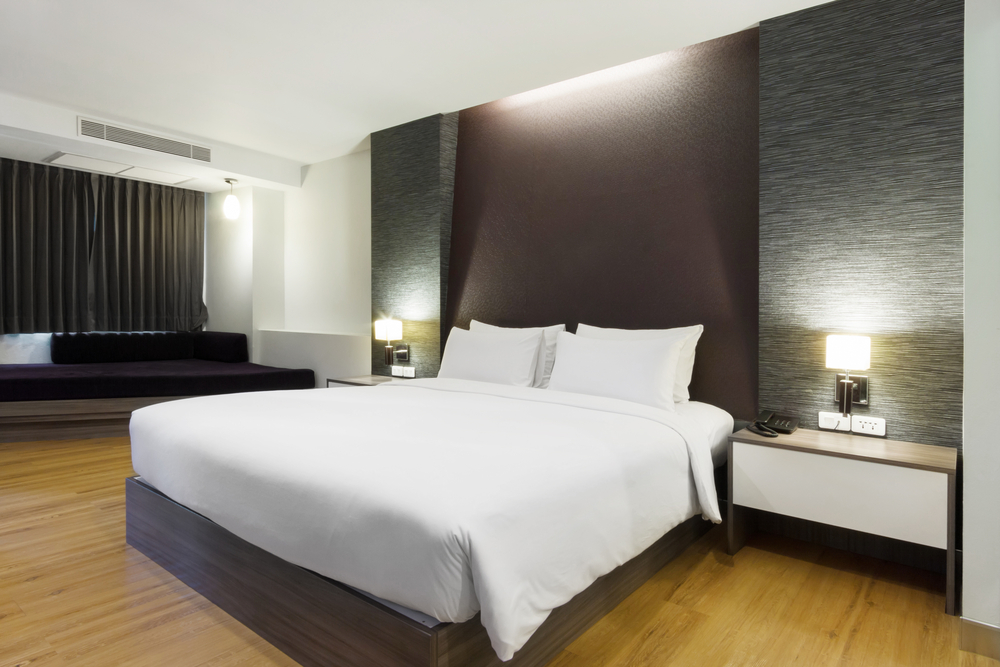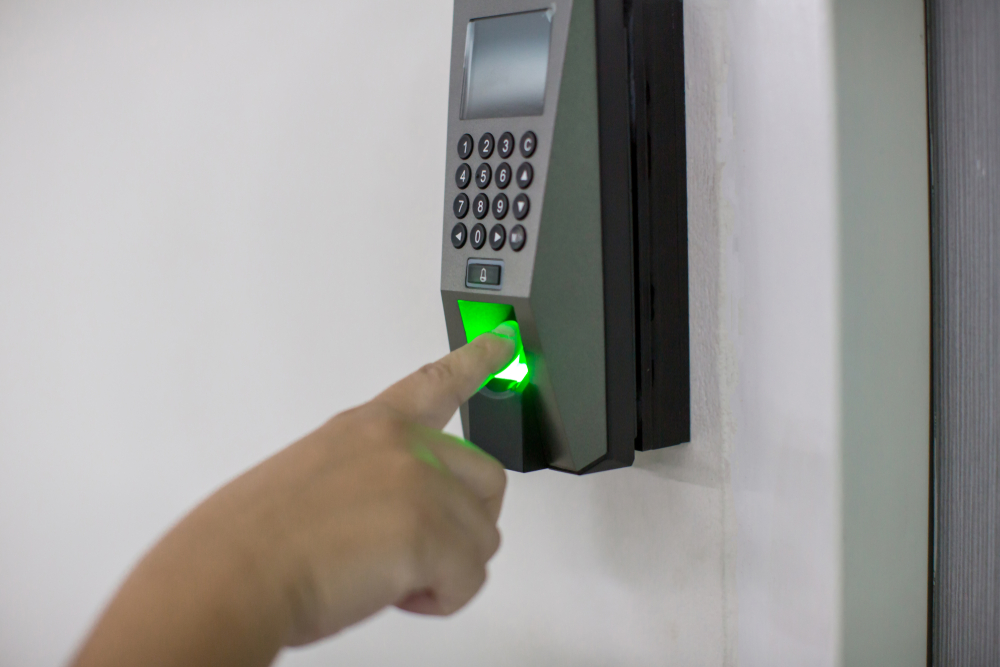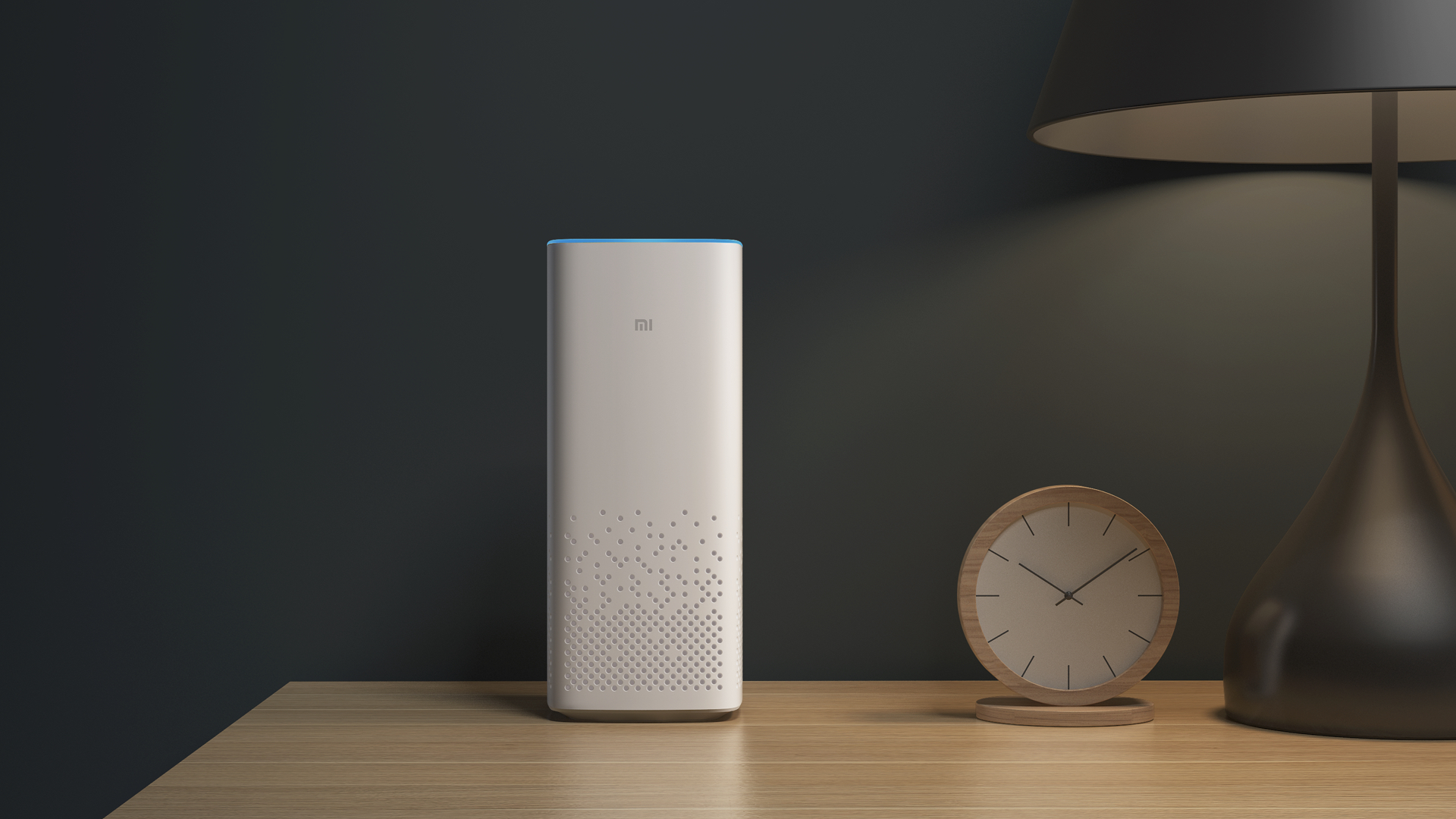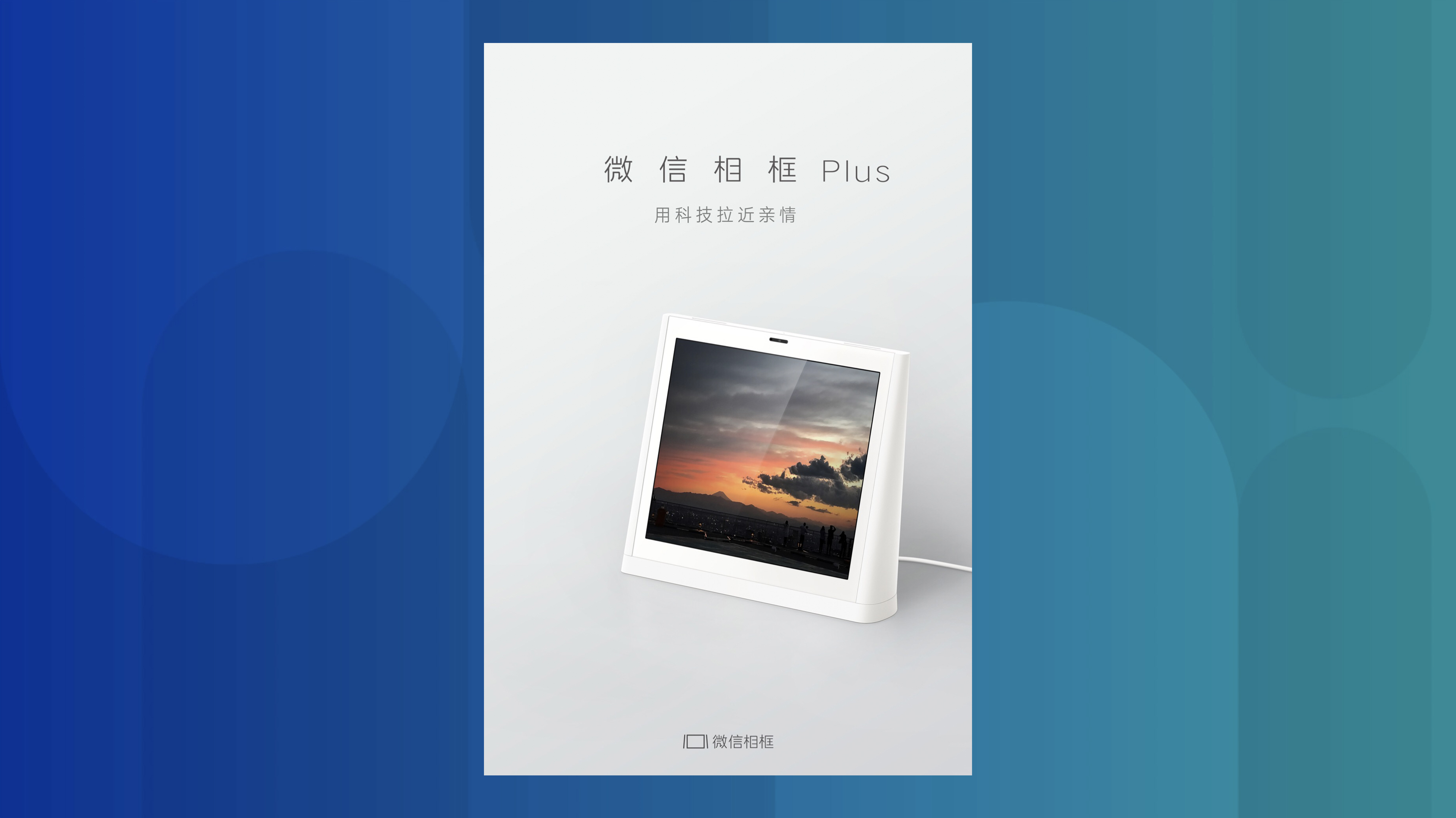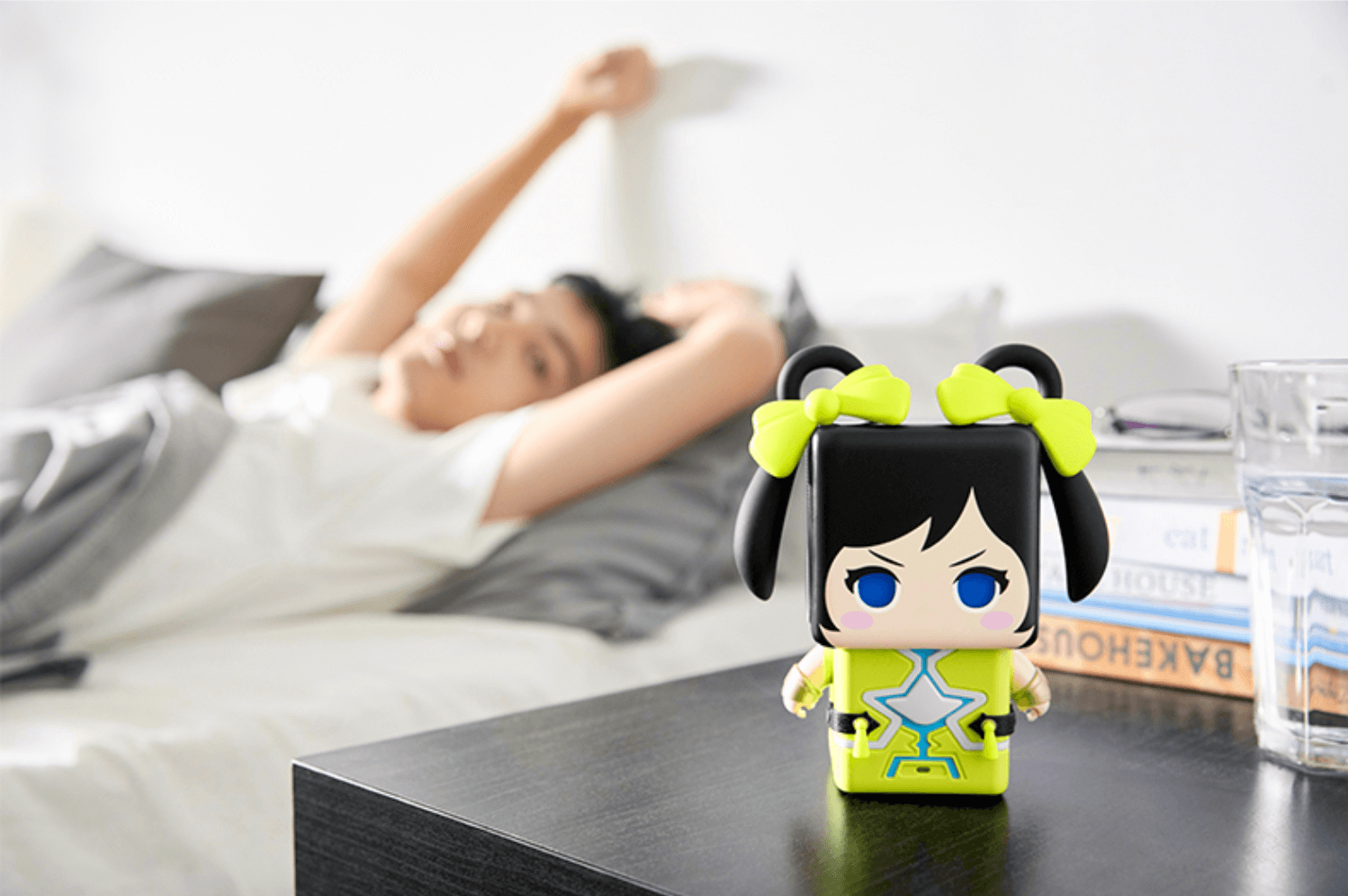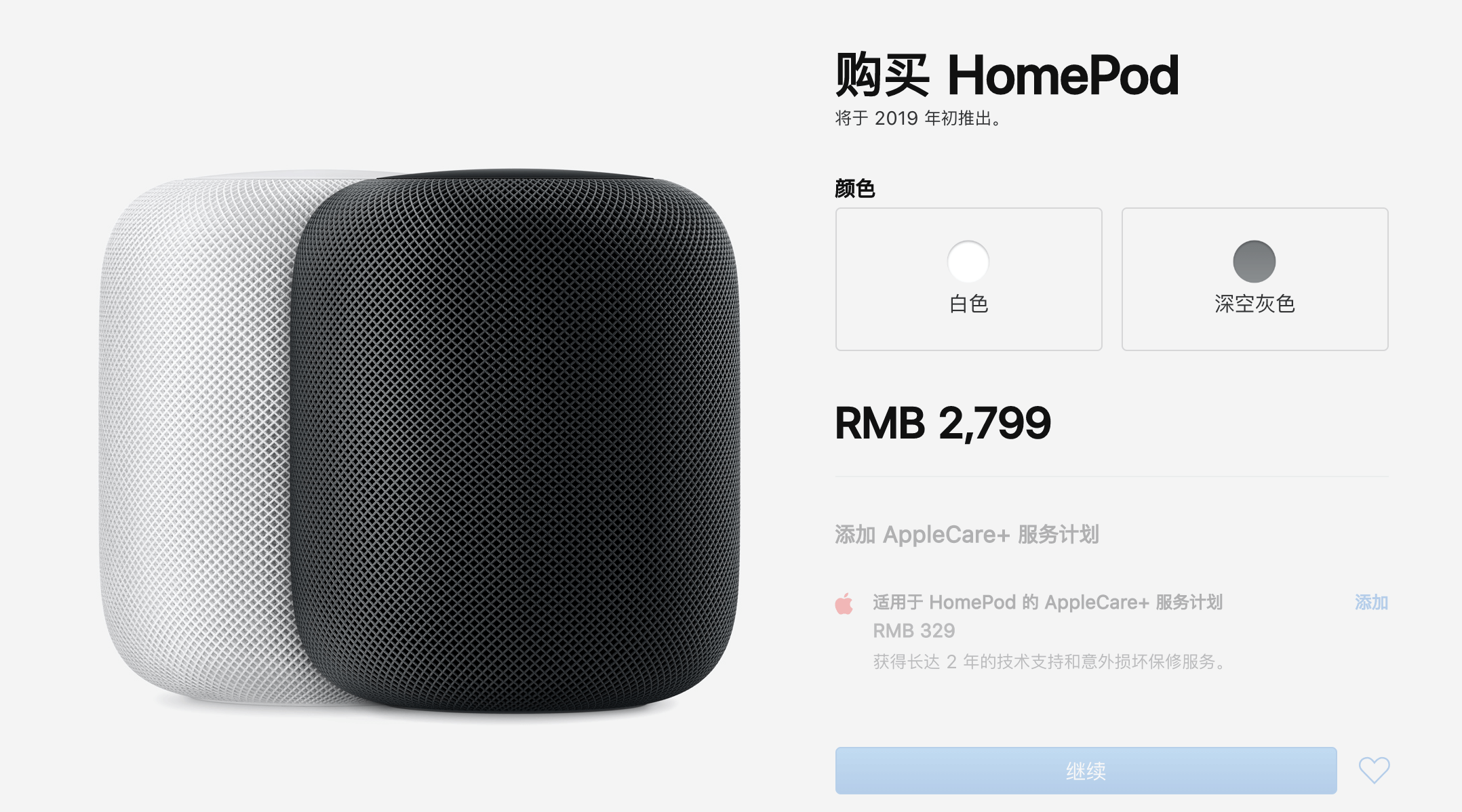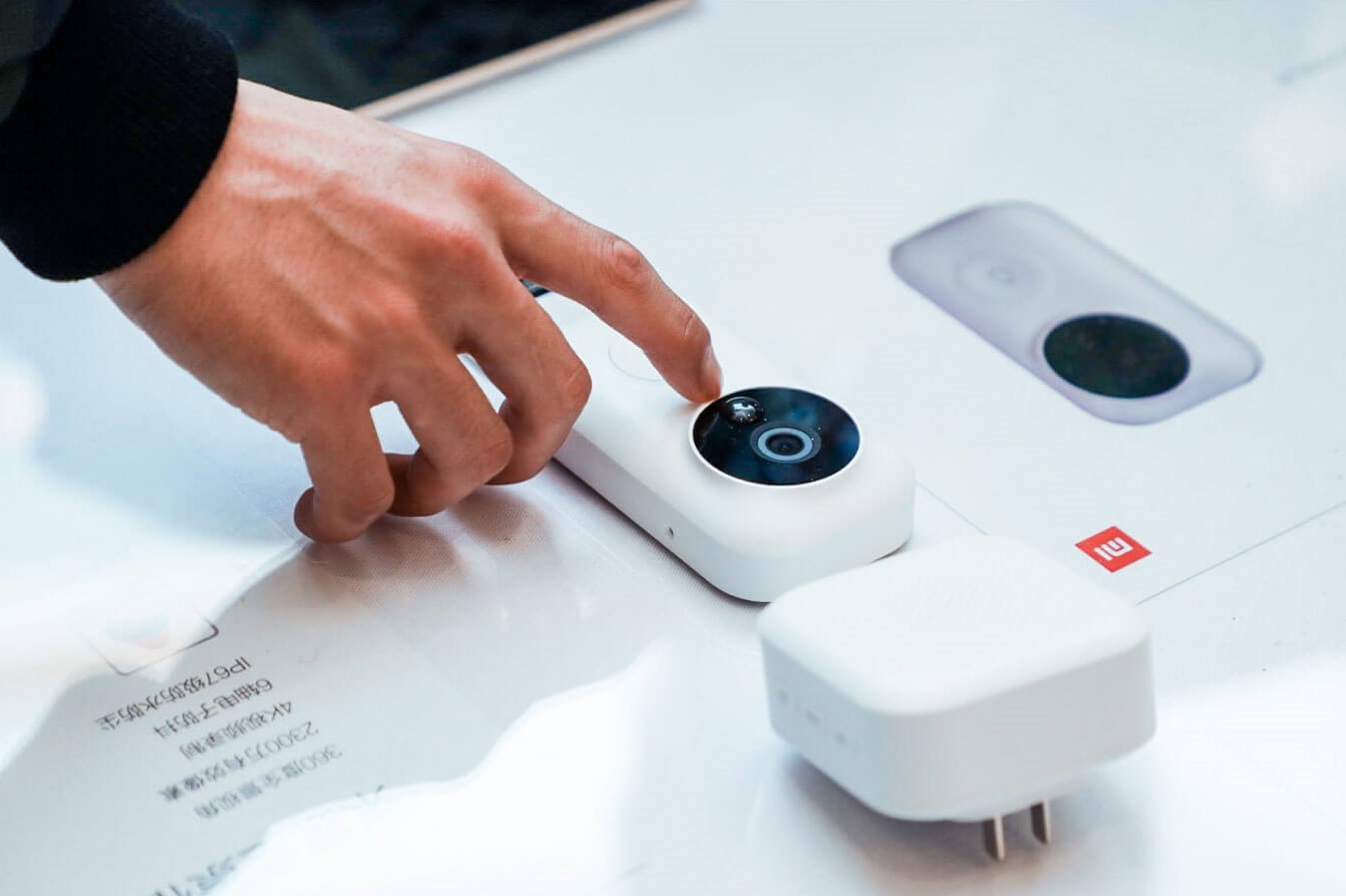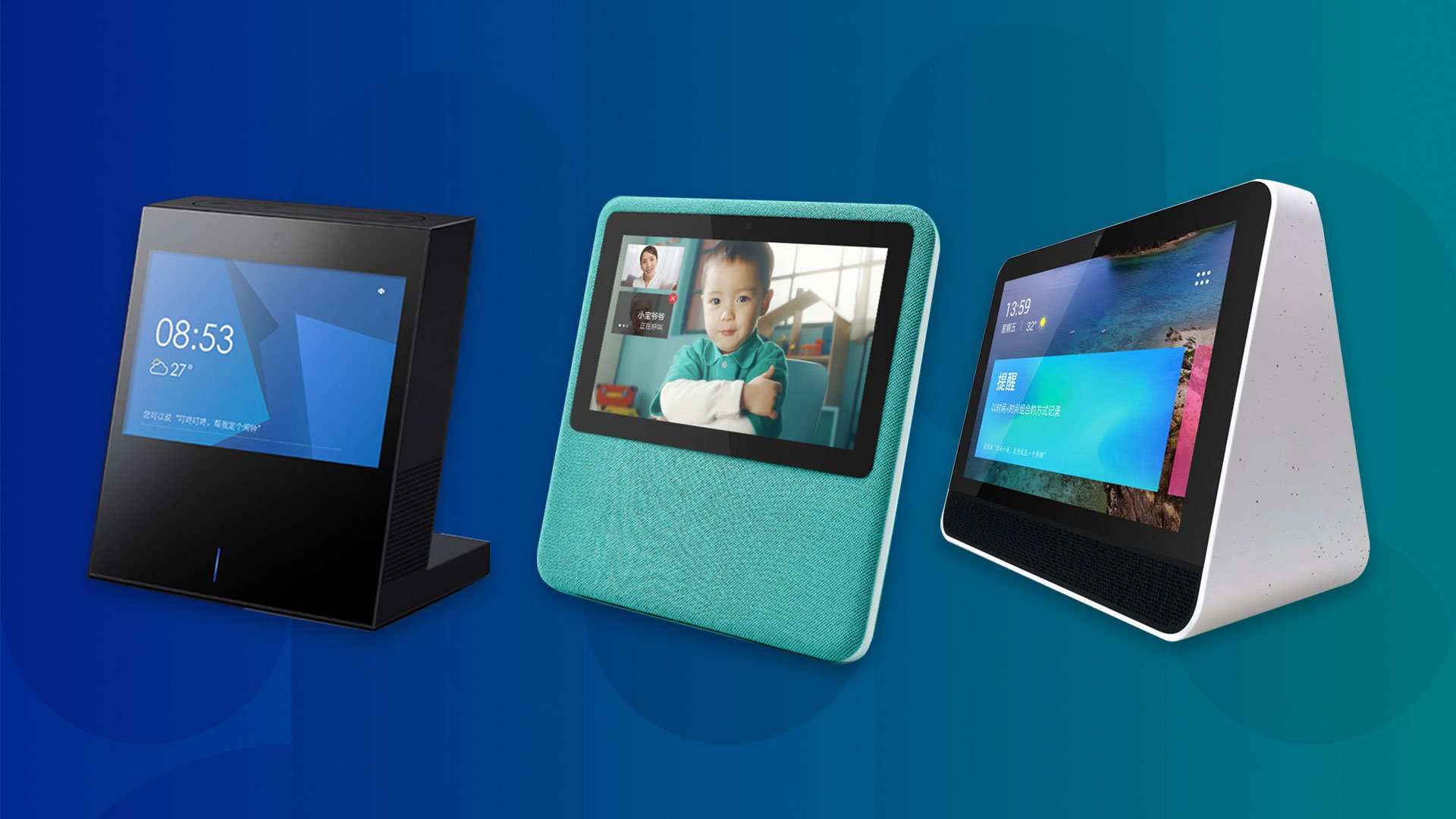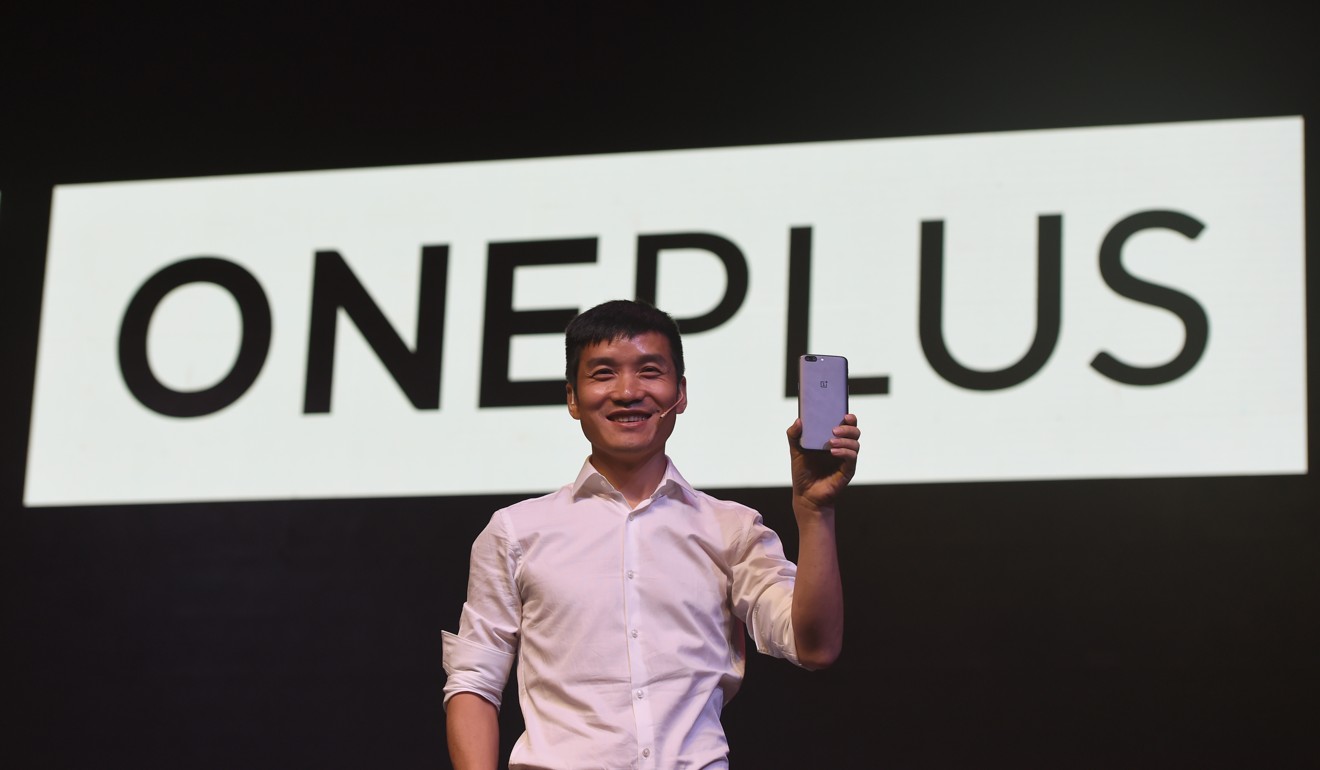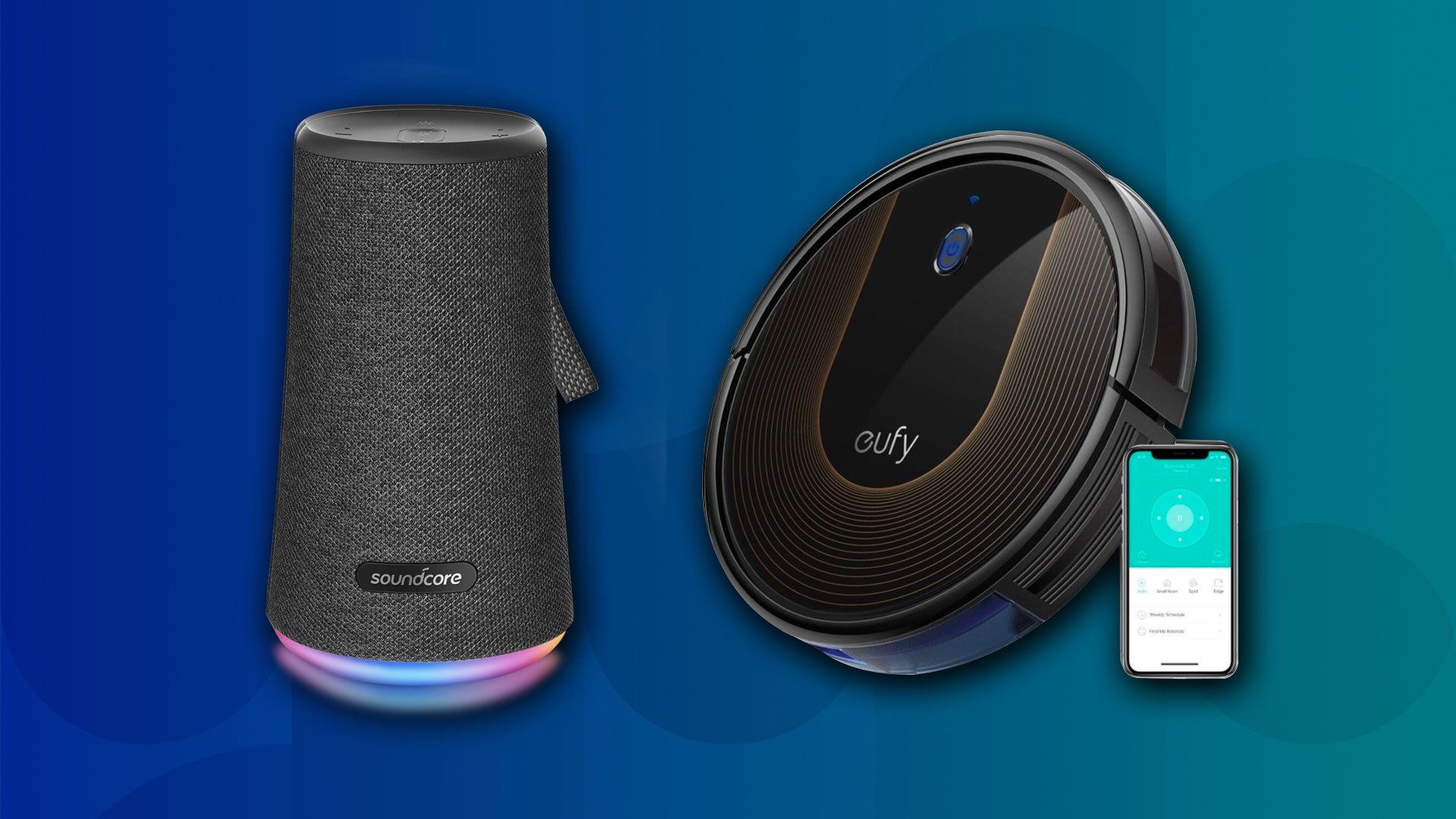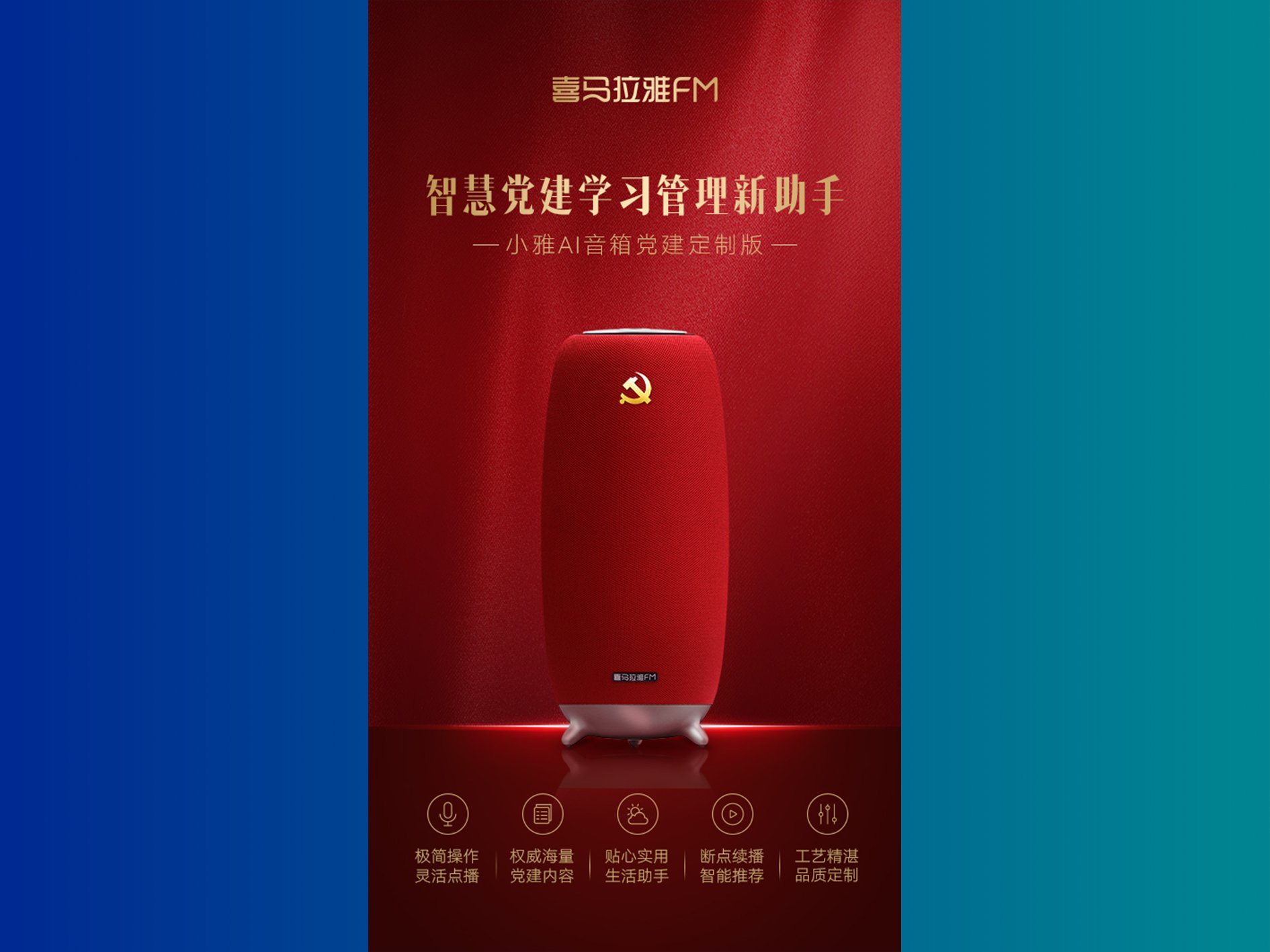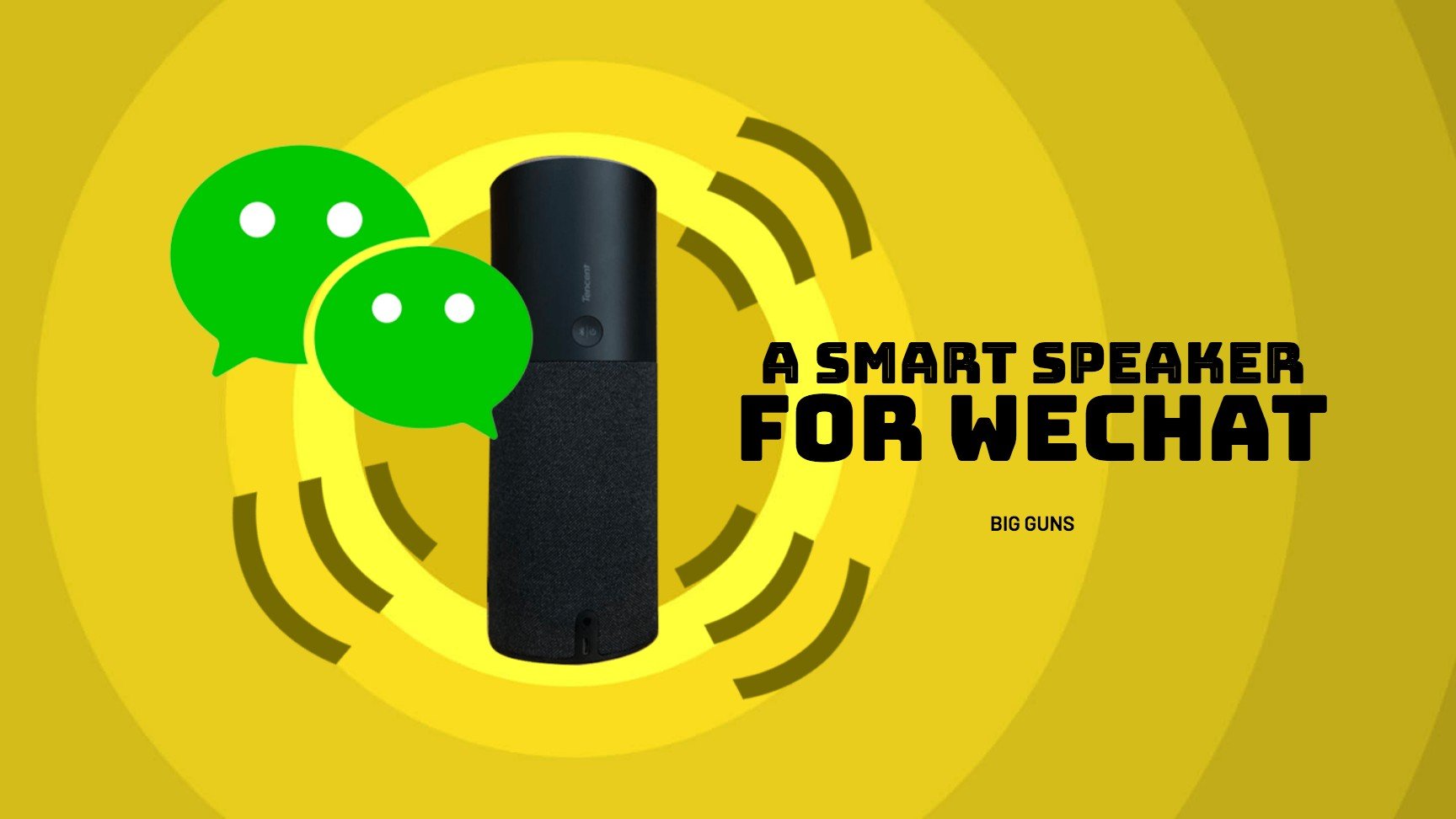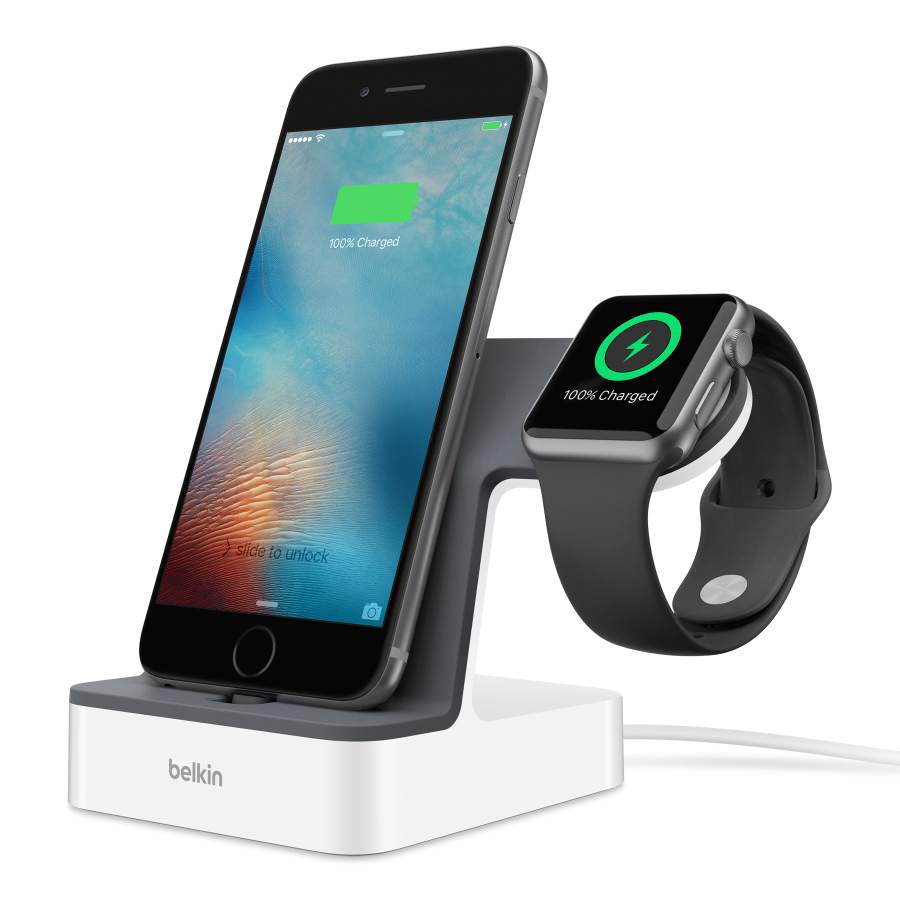Topic
- Hundreds of apartment buildings across the country were targeted, with compromising footage of residents’ private lives sold on the dark web
- The incident has prompted the government to strengthen cybersecurity rules to protect residents in a country where 63 per cent of people live in flats
Amazon’s Astro home robot is the size of a small dog, follows you around the house and can check up on your elderly relatives when you’re away.
Sleep and air quality trackers, a shoulder and foot massage option, a state-of-the-art entertainment system complete with 70-inch screen … does the US$120,000 HiCan smart bed have it all?
Some netizens say Xiaomi’s new speaker looks like the Sonos One but others say the resemblance is limited
The Swaiot Panel lets you watch TV wherever you go
Without access to Google’s AI voice assistant, Huawei’s new smart speaker is the latest victim of Trump’s Huawei ban following the P40 smartphone series
Alibaba, Baidu and Xiaomi lead China’s rapidly growing smart speaker market
The user says he connected a Mijia camera to Google Nest Hub
Consumers are buying more smart speakers than ever, but experts say they’re only the earliest form of voice-controlled AI devices
Hotel hygiene scandals are forcing Chinese hotels to look for creative tech solutions
Patriotism is giving Huawei a boost, but netizens say, “Talk is cheap, show me the code”
Chinese giant says new operating system can be deployed to smartphones and other devices at any time
Michael Deng, also known as Deng Hui, is the founder and CEO of ArcSoft -- an AI company with Samsung and Huawei among its clients. The firm provides algorithms and software for digital photography. He became a billionaire when ArcSoft landed on China’s Nasdaq-style Star Market in 2019.
The funny thing is that smart speaker sales in China increased massively in 2018. Canalys says the market grew 100 times last year, and Alibaba, Baidu and Xiaomi trail only Amazon and Google in sales. But that might have something to do with price rather than desire: One recent sale saw Alibaba's Genius X1 speaker go for just US$15.
Apps connected to smart light bulbs sold in Walmart and Best Buy are communicating with Chinese servers, report says
Ubtech’s Walker performed in China’s Spring Festival Gala
Tencent may be known as the software giant behind WeChat and a whole lot of games. But they make hardware too, like a new smart display (think Amazon Echo with a screen). There's a reason you might not know much about Tencent's hardware, though: It's not very popular.
Here's an odd idea: How about a smart speaker that teaches you to play China's biggest game? Tencent released a smart speaker in the shape of a character from Honor of Kings, known as Arena of Valor in the West. It's a niche, sure, but with smart speakers struggling to find a use, perhaps something more targeted like this isn't a bad idea. (Though I'm going to be honest: This seems like a bad idea.)
The three Chinese companies sit ahead of Apple in smart speaker shipments, with the HomePod failing to catch on. Given how low prices seem to be the path to success for Alibaba, Baidu and Xiaomi -- many of their devices retail for less than US$50 -- it's hard to see how a US$412 smart speaker can succeed in China, even with the Apple brand behind it.
Xiaomi has its own voice assistant called Xiao Ai. It's said to be able to recognize several Chinese dialects, but on Wednesday it didn't seem to understand what CEO Lei Jun was saying. The botched demo is unlikely to dampen Xiaomi's IoT ambition, which goes very well with its ecosystem strategy: Selling a wide range of home products on top of smartphones and laptops.
Smart displays were supposed to be the next big thing. Baidu and JD.com followed up Facebook's Portal, Amazon's Echo Show and the Google Home Hub with smart displays of their own. But (and this should come as no surprise by now) price is a factor, according to IDC's Sophie Pan.
Will OnePlus attract a loyal following with TVs like the company did with smartphones?
The RoboVac 30C and Soundcore Flare S+ both have support for voice assistants
If you thought the last smart speaker was weird, how about one that plays Communist Party lectures? Ximalaya's smart speaker certainly isn't subtle: It comes in red, with a little gold hammer-and-sickle logo. Sadly, we'll never know how many consumers would actually buy it: Ximalaya says it's only available to certain Communist Party organizations.
One of the most surprising takeaways from the report: Just 350,000 smart speakers were sold in China, compared to 25 million in the US. The rapid adoption of things like mobile payment shows that China isn't shy to adopt new technology, and all of the major players are making them... so why aren't people buying smart speakers?
Tencent’s Tingting speaker will also connect to QQ Music
Manufacturer buys accessory company Belkin to get access to consumer brands
